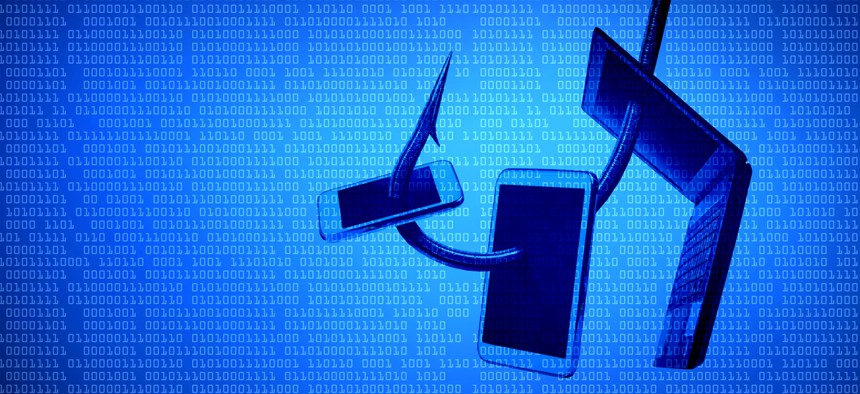It’s Time for Presidential Campaigns to Embrace Mobile Security

wk1003mike/Shutterstock.com
It's not just campaigns, voters could be targeted too.
In recent years, there has been greater attention to the cybersecurity vulnerabilities facing presidential campaigns. This is due in part to events of the 2016 election when Hillary Clinton’s campaign chair John Podesta had his email compromised in the run-up to the election. When Podesta fell victim to a spearphishing attack attributed to Fancy Bear, a Russian cyber espionage group, it became clear that campaigns had a dire need to bolster security.
Many presidential campaigns have, in fact, taken steps to secure their network email. However, few are actively prioritizing the protection of one of the most widely used channels of attack in 2019: mobile devices.
At the same time, campaigns have fully embraced mobile as a fast, reliable way to communicate and to quickly and effectively target potential voters with advertising and communications. According to Tech for Campaign’s 2018 Political Digital Advertising Report, presidential campaigns delivered more than 90% of their 2018 digital ad spend to mobile devices. Political organizations have become aware of the return on investment in mobile strategies that target voters for their ability to reach potential voters directly.
Through mobile channels, campaigns can collect sensitive, confidential information, including voter location data, donor records, voter registration data, campaign strategy calls and unguarded conversations. Since mobile devices are the primary way staffers and campaigns interact with the campaign, vulnerable devices provide hackers easy access.
Campaigns are one side of the election “insecurity” equation. Individual voters are on the other side.
An increasing number of Americans are receiving campaign updates on personal mobile devices. This increased communication to voters creates an opportunity for bad actors to craft phishing texts and alerts to trick voters by posing as legitimate campaigns.
According to the 2019 Verizon Mobile Security Index, over two-fifths of respondents who reported they’d experienced a mobile-related compromise said it involved phishing. Mobile phishing allows these actors to target voters in ways not possible on traditional computers. Mobile creates many new attack channels, including SMS text, messaging applications, social media, WhatsApp and more.
Who is behind these attacks? Many of these bad actors are nation-states. In 2018, Lookout researchers discovered Monokle, a sophisticated set of custom Android surveillanceware tools capable of stealing personal data from an infected device and exfiltrating it. Monokle was developed by Special Technology Centre, Ltd, a Russia-based company that was previously sanctioned by the U.S. government for interference in the 2016 U.S. presidential elections. This attack illustrates the more significant trend of nation-states developing sophisticated mobile malware and is the exact type of threat that could compromise 2020 election campaigns.
Dark Caracal and Stealth Mango were other examples of campaigns conducted by foreign governments, with the capability to steal email, photos, documents, phone logs and even to remotely access the microphone.
What Can Be Done
Individuals should be wary of phishing threats and they should research campaigns and organizations to ensure the validity of the communications they receive. To best defend against mobile phishing attacks, users should also consider mobile security solutions with advanced phishing protection, available in most app stores.
Ahead of the 2020 election, presidential campaigns need to embrace mobile security solutions that secure devices and internal app stores to protect data from compromise. These solutions should be capable of preventing members of the campaign from tapping malicious URLs that hide inside apps, SMS, messaging platforms, corporate and personal email.
As such, Lookout is one of several companies partnering with Defending Digital Campaigns, a non-profit with the goal of ensuring the cybersecurity of election campaigns, offering free or low-cost email security, encrypted messaging and security training. As part of the partnership, Lookout is providing mobile security solutions for free to help protect personal devices.
There is a much greater awareness of election security and disinformation campaigns across the board than with previous elections. The concerns around the 2016 election brought to light some of the critical issues regarding misinformation and election interference.
As we continue to learn from past incidents and gain a broader knowledge of how to protect the massive number of attack vectors, campaign security will only continue to improve.
Bob Stevens is vice president of Americas at Lookout.






 By
By